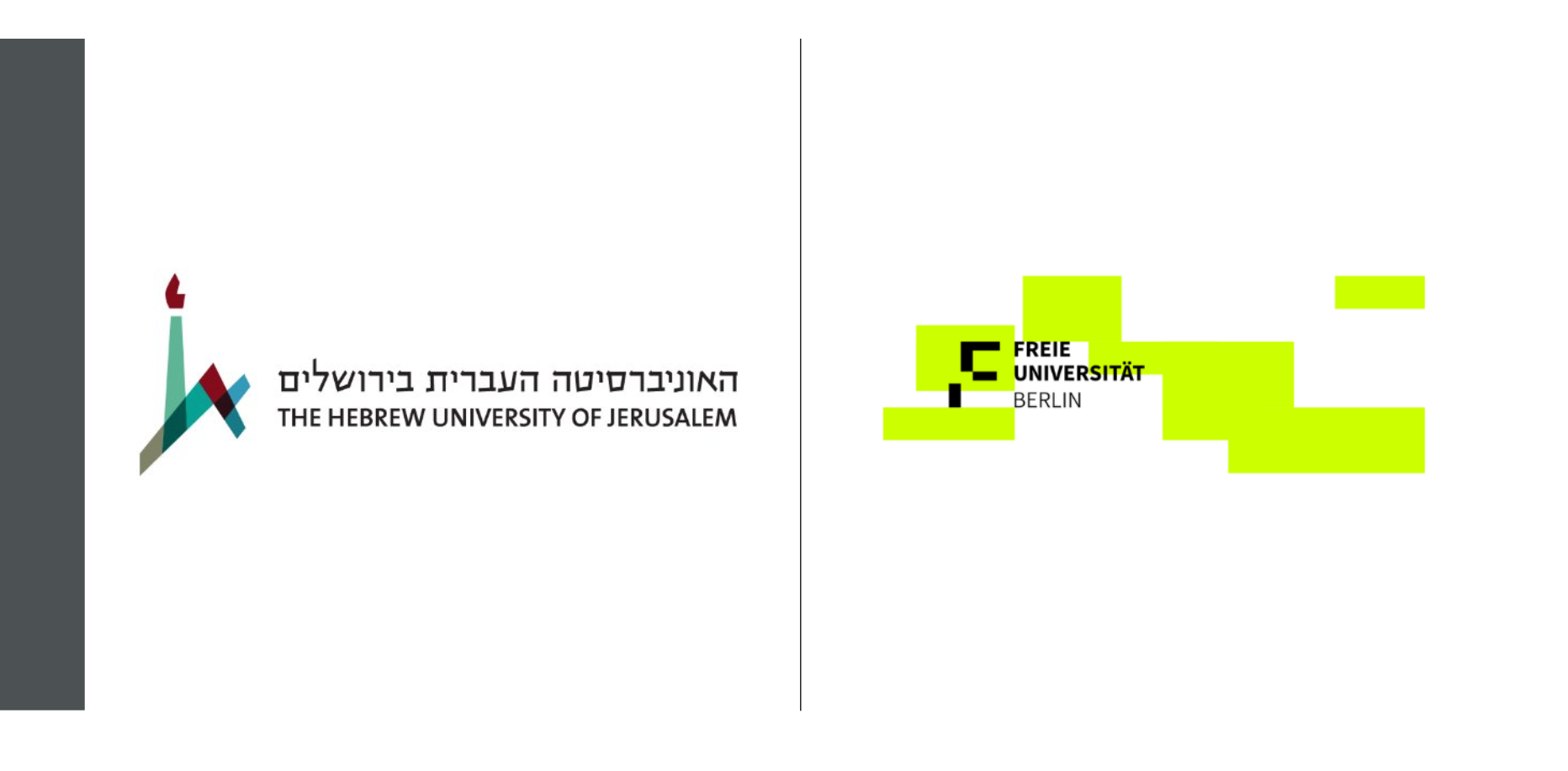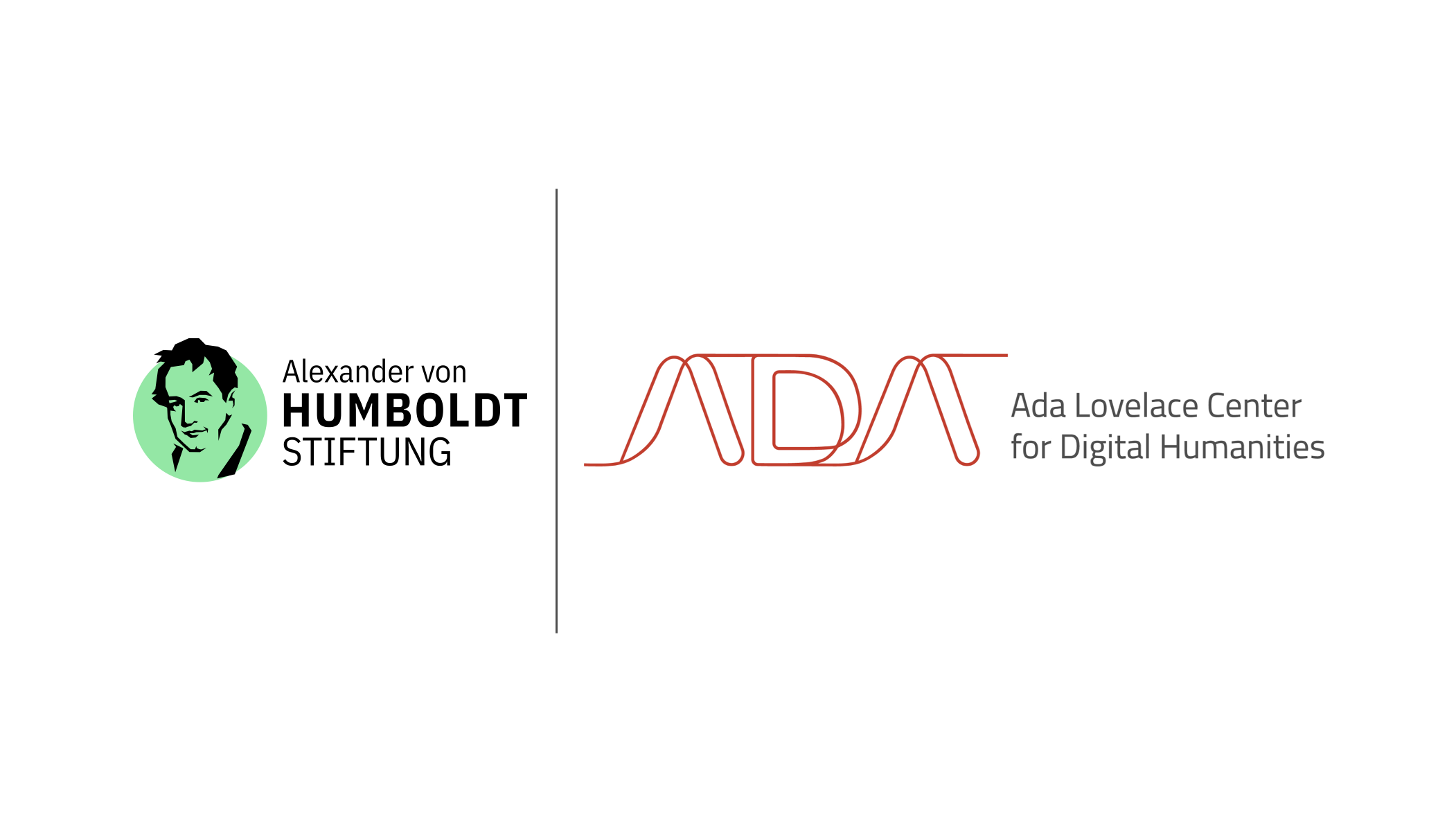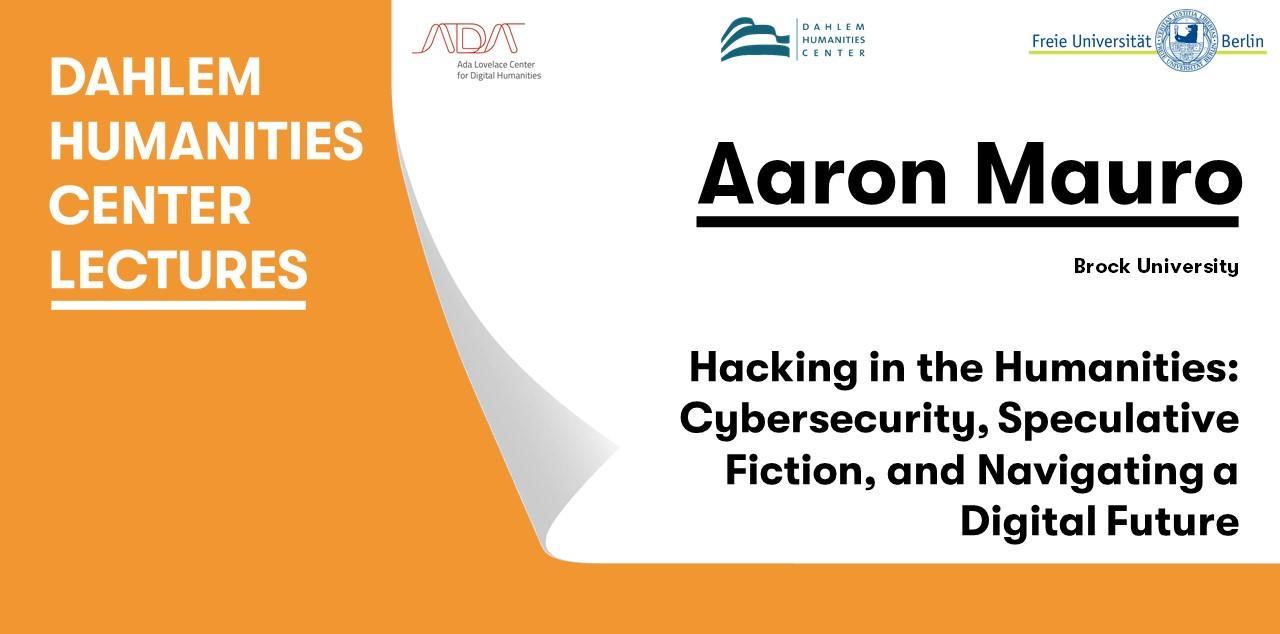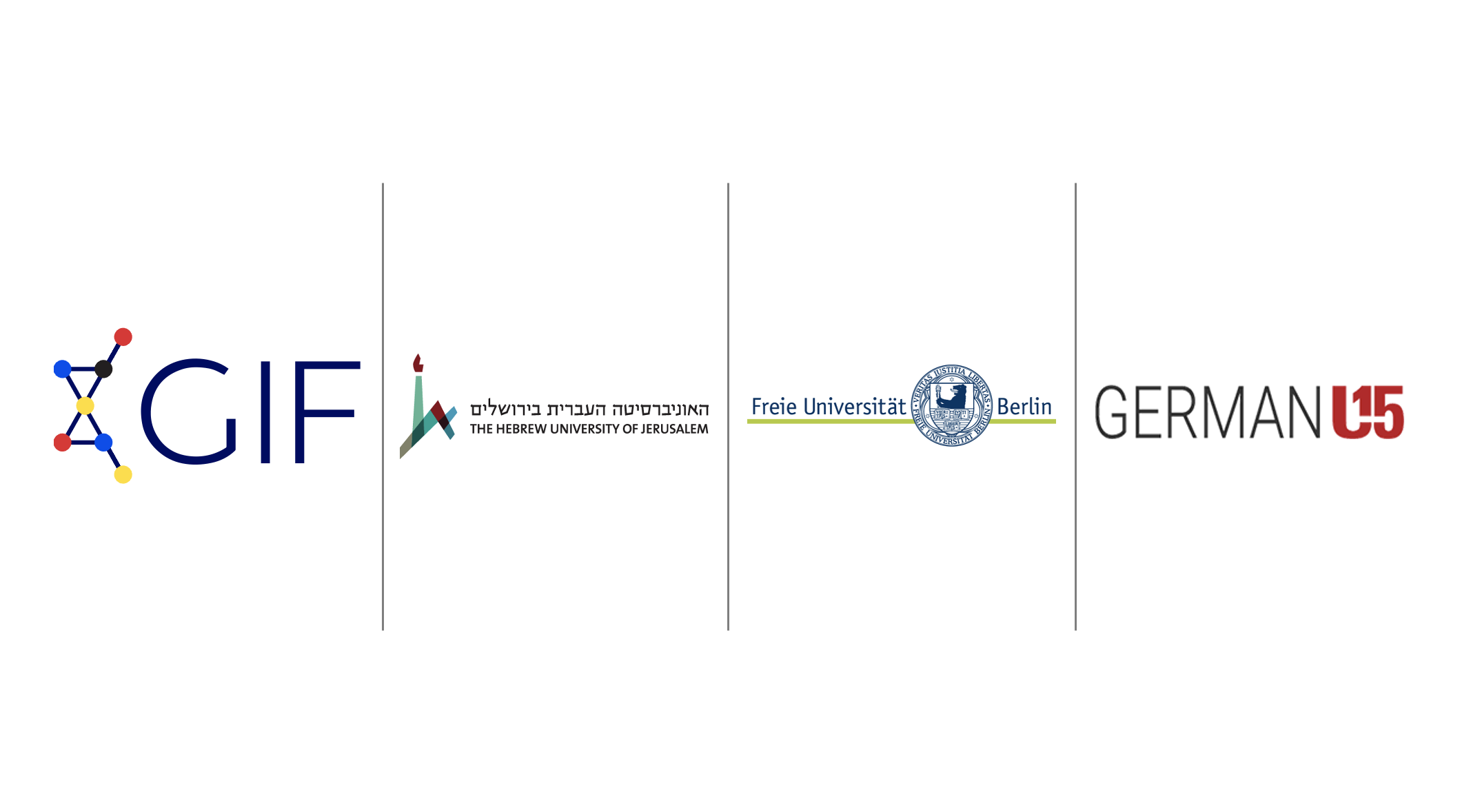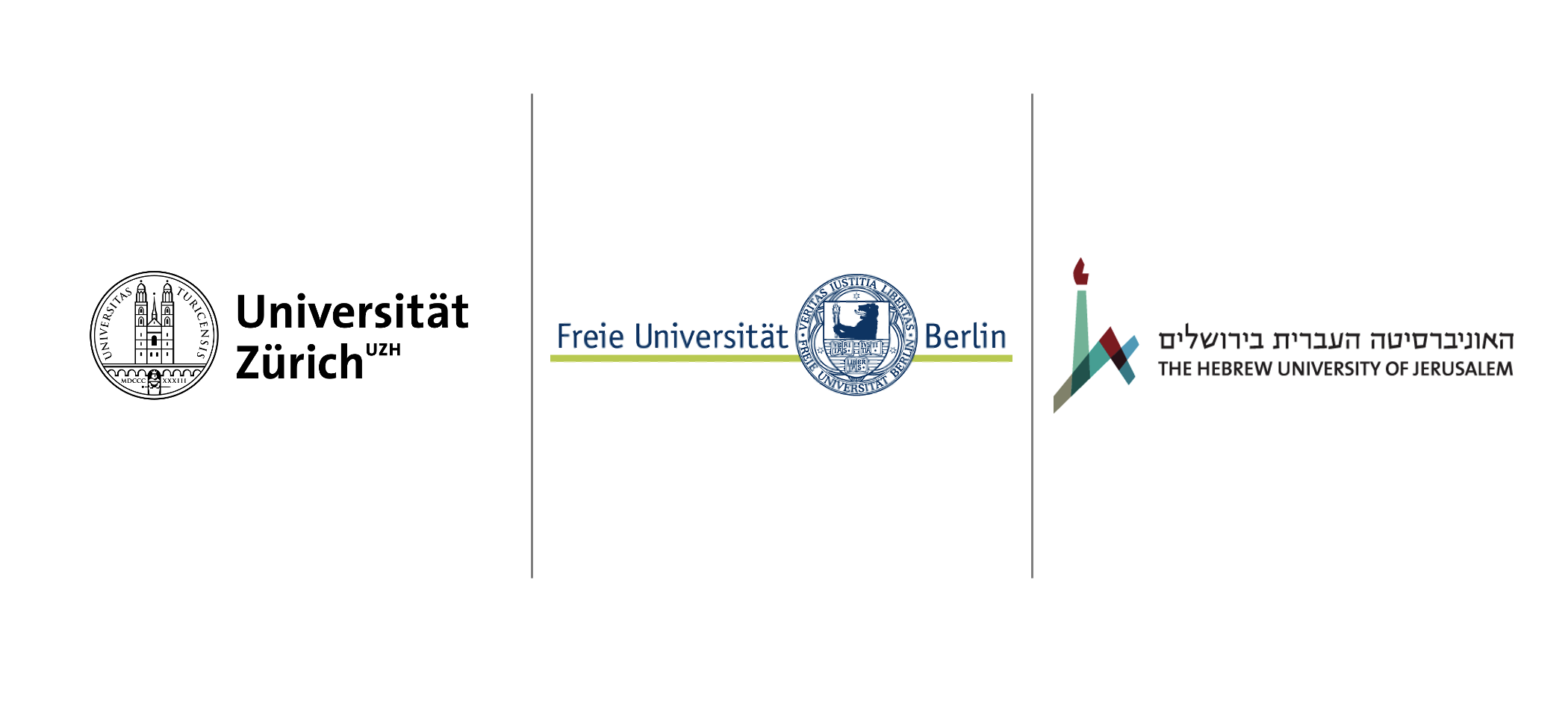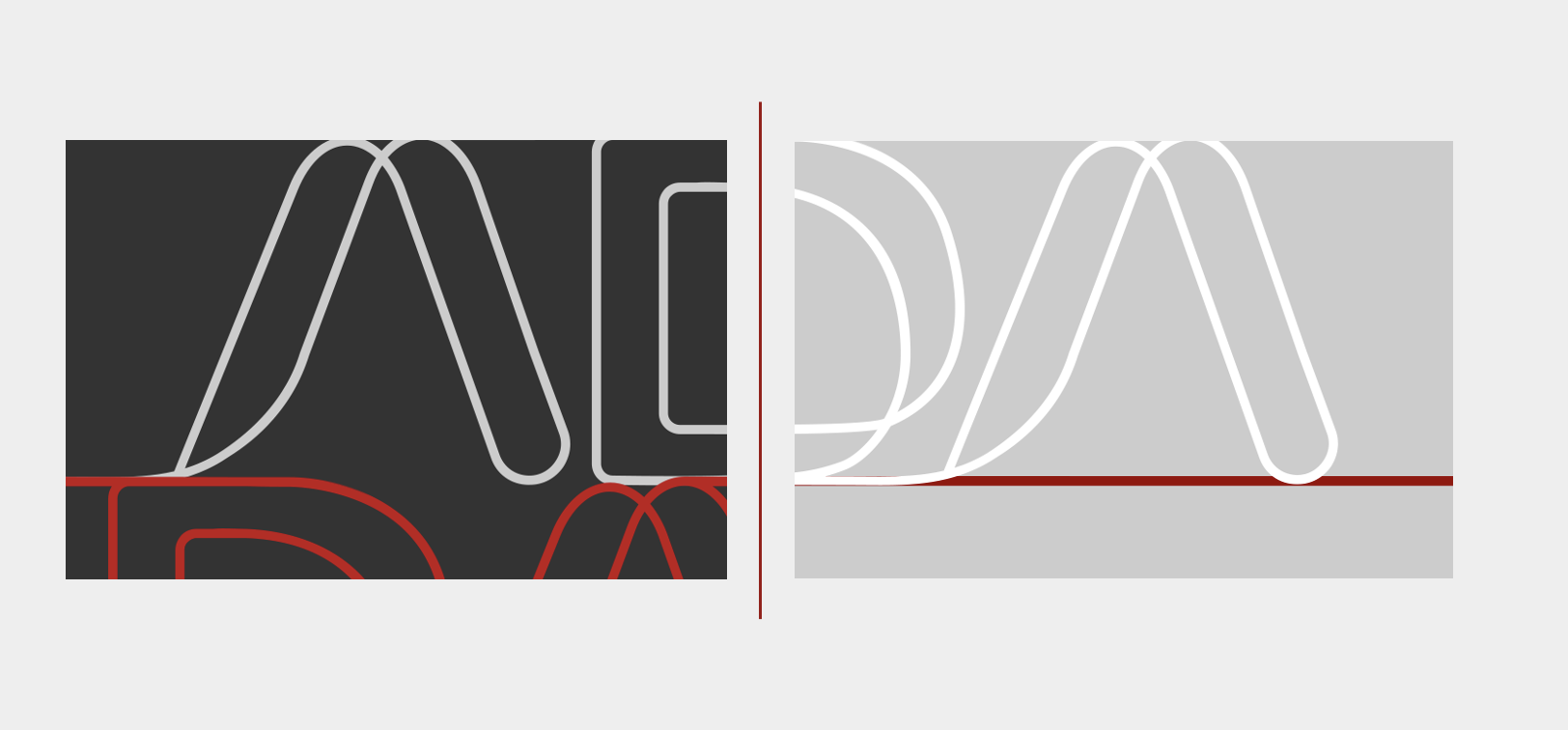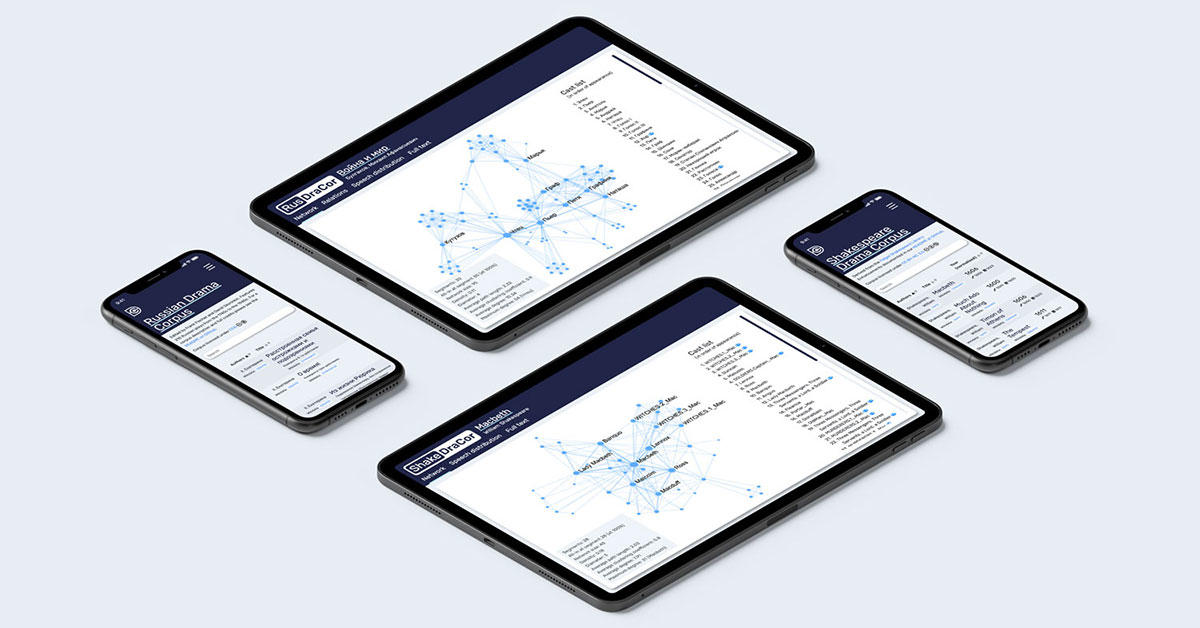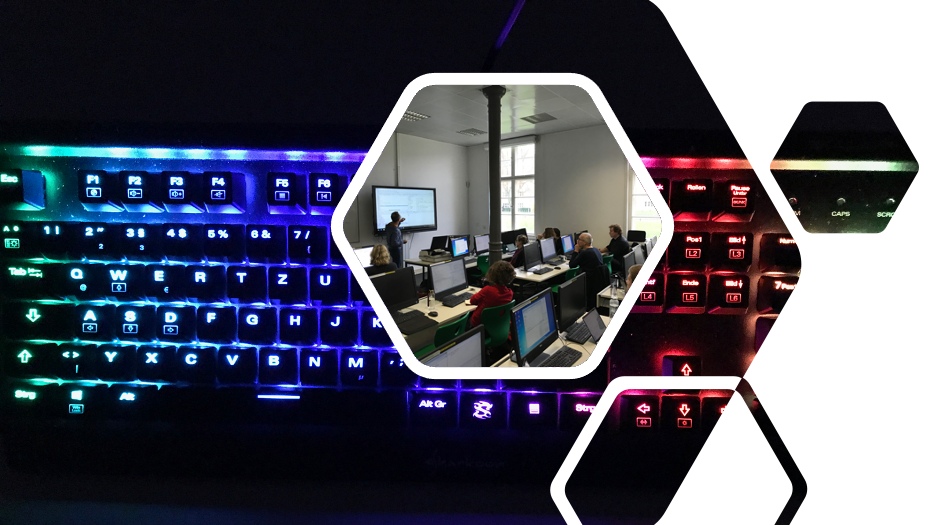DraCor Onboarding Workshop for Hebrew and Yiddish
The study of language – its nature, its speakers, and the culture it creates – has always relied on access to a body of text, known as a corpus (pl. corpora). Ideally, a language corpus is large, balanced in terms of the authors who wrote it (their gender, location, age, and so forth), representative of various genres, and in our age also digitally encoded. With the rise of sophisticated Digital Humanities (DH) methods in recent years, the scientific community has raised the bar for corpora, such that they are expected to conform to accepted standards in their encoding, allow easy extraction of information about the corpus texts (e.g., in the form of metadata), offer visualization of corpus contents, and be freely accessible to the research community as well as to the public. This workshop contributes to filling this gap. By combining complementary expertise in Hebrew linguistics, corpus annotation, and Linked Open Data on the one hand (HUJI) and text encoding for drama, corpus visualization, and information extraction on the other hand (FUB), we propose to design and publish novel state-of-the-art resources for the study of language and literature in Hebrew and Yiddish. We bring together expert researchers from Freie Universität Berlin (FUB) and the Hebrew University of Jerusalem (HUJI) with active DH projects at the intersection of literature and linguistics.
When: 11.09.23 - 13.09.23
Where: FU Berlin / Online
Register: Registration Form
Info: Programme
Library Lecture #1 by Prof. Ryan Cordell
"Towards a Bibliography for AI Systems"
An inaugural library lecture by AvH Senior Fellow Prof. Ryan Cordell (The University of Illinois Urbana-Champaign)Abstract: To date, much bibliographic study of digital textuality has focused on the materiality of computation—forensic studies of the hard drive's textual inscriptions, for example, or vertical analysis of the layered software and hardware of a single ebook. Less clear, however, is how such approaches might apply to the texts generated by a large language model (LLM) such as ChatGPT. While the data for LLMs exists somewhere, that existence is far more diffuse, abstract, and distributed than that of a discrete digital document or bound set of files. Is the textual data undergirding an LLM inscribed in any single place to which we could point, in the way that bibliographers point to a particular witness of a particular state of a particular edition of a particular book, or does this new medium require a more capacious bibliographical approach? The "black box" constructed by the corporate owners of popular LLMs further obfuscates bibliographical investigations, forcing researchers to speculate about material realities through indirect clues rather than through direct experience of material substrates.
ADA & DHC Lecture by Aaron Mauro (Brock University)
Hacking in the Humanities: Cybersecurity, Speculative Fiction, and Navigating a Digital Future
07.06.2022 | 18:15
DH Lecture by Aaron Mauro (Brock University) in cooperation with the Dahlem Humanities Center
It is possible, with little controversy, to say that digital literacy is necessary to live a well-connected life in the 21st century. Because so much of our personal and professional lives are lived online, more than a passing awareness of cyber security is needed to maintain our personal safety and institutional integrity. Digital Humanities (DH) is an interdisciplinary field of study with a special focus on the digitization of the cultural legacy of humanity. The production and protection of cultural artifacts online will require research security policies and data protection activities capable of adapting to the changing political contexts on the internet. This presentation explores these issues, as well as those addressed in my recent book, Hacking in the Humanities (Bloomsbury 2022). I will describe how an activist (or perhaps hacktivist) sensibility allows for citizens to build and defend their cultural institutions. For instance, hack-a-thons are a feature of DH pedagogy and practice that is well suited to the rapid response necessary to protect digital cultural artifacts and repel misinformation with facts. After all, digital humanists are builders of labs and centres, which have become critical infrastructure in the development of durable cultural artifacts online. Digital humanists are possessed of the disciplinary breadth to understand vulnerabilities in our shared cultural and technical systems. Digital humanists can connect the complex cultural, historical, and political forces that animate attackers while mitigating risks and responding to attacks on cultural institutions. In this way, DH will play an increasing role in securing our digital futures.
Recording
A recording of the talk can be found here.
FUB-HUJI Digital Humanities Winterschool @ The Hebrew University of Jerusalem, 27.2-1.3.2023
Funded by the German Israeli Foundation (GIF) and the German U15 Network the Hebrew University of Jerusalem הַאוּנִיבֶרְסִיטָה הַעִבְרִית בִּירוּשָׁלַיִם (HUJI) and the Freie Universität Berlin (FUB) hosted a joint DH Winterschool from 27.02.2023 - 01.03.2023
The term Digital Humanities (DH) refers to the utilization of computational tools (from off-the-shelf software to specifically tailored algorithms) to enrich traditional research and develop new and cutting-edge methods in the humanities. In recent years, DH snowballed from being a technical-methodological supplement to extant research in the humanities to an independent discipline that corresponds with and challenges the knowledge and methodologies in traditional research areas in the humanities. As such, DH redefines the investigated objects and how we understand them, be it text, map, physical artifacts, handwriting, corpus, language, sound, or image. In addition, the last decade saw a flourish of DH in the various universities having dedicated conferences, journals, associations, and teaching programs.
In this winter school, students were presented with various aspects of DH of different traditional disciplines. Participants will acquire basic skills in available DH-related software, learn about cutting-edge projects from recent years and, get an in-depth understanding of how these projects were conducted, meet other graduate students interested in DH from the various institutions in Israel and Germany.Trilateral UZH – HUJI – FUB Online Science Fair on Digital Humanities
The University of Zürich (UZH), Hebrew University of Jerusalem (HUJI) and Freie Universität Berlin (FUB) are jointly launching an online science fair on Digital Humanities. The aim of the fair is to identify researchers from both the Humanities and STEM (Science, Technology, Engineering & Mathematics) related fields who are interested in the application of digital/computational approaches in the Humanities and to offer them an exploratory platform to connect, discuss, and to form potential inter-university collaborations.
Date: Wednesday, June 8th 2022, 9-13.00 CET/ 10-14.00 ISTKeywords: computational text analysis, data mining, databases in the humanities, digital editions, digital visual arts, GIS, image/signal processing in the humanities, mapping, network analysis, non-invasive analytical techniques, social media harvesting, spatial DH
Relevant fields (in addition to humanities, including, but not limited to): data science, computer science and electrical engineering (NLP + image processing), applied mathematics, geography (GIS), analytical chemistry, archaeology.
Venue: onlineDigital*Humanities im Gespräch #25
DraCor – Ein Forschungsprojekt zur Analyse des europäischen Dramas und seine digitale Umgebung
09.06.2022 | 14:15
Lecture by Frank Fischer (Freie Universität Berlin) as part of the Digital*Humanities in Conversation series of the Dahlem Humanities Center.
Wie andere Forschungsprojekte der digitalen Literaturwissenschaft auch ist das DraCor-Projekt (https://dracor.org/) mit seinen multilingualen Korpora vorderhand für die Analyse mit computerlinguistischen Mitteln prädestiniert. Literarische Korpora können aber mehr. Ausgestattet mit den richtigen Metadaten, etwa zu Autor*innen, Werken, Figuren, profitieren Sie vom Wissen in ihrer digitalen Umgebung, vor allem der Linked Open Data-Cloud. Im Vortrag wird demonstriert, wie literarische Korpora von diesen Informationen profitieren und wie sie selbst projektübergreifend zu dieser Informationsvielfalt beitragen können.
Ort: EXC 2020 "Temporal Communities", Raum 00.05, Otto-von-Simson-Str. 15
Please register here by June 7, 2022.
In cooperation with the Dahlem Humanities Center (DHC) & Center für Digitale Systeme (CeDiS)
XML Fortbildung: Frameworks für Digitale Editionen: ediarum
08.06.2022 | 09:00 - 13:00
von Fabian Etling
Mit dem Medienwandel zeichnet sich auch im Bereich kritischer Editionen ein Paradigmenwechsel
ab: Die Tendenz geht zur ‚digitalen Edition‘, die entweder begleitend zur klassischen Printpublikation
eingesetzt wird oder diese als genuin digitales Produkt immer häufiger vollständig substituiert.
Dieser Workshop erörtert in einem Theorieteil zunächst den Begriff der ‚digitalen Edition‘ und deren
Bedingungen. Davon ausgehend werden Einblicke in Architekturen digitaler Editionen gegeben,
grundlegende XML- und Web-Technologien verortet und Aspekte der Datenmodellierung für die
Erschließung von Editionsgegenständen thematisiert. Die Verarbeitung, Präsentation und
Nachnutzung der Editionsdaten kann durch den Einsatz von Frameworks unterstützt werden: In
diesem Workshop liegt der Fokus auf der digitalen Arbeitsumgebung „ediarum“, deren
Funktionsumfang im Detail vorgestellt wird. In einem begleitenden Praxisteil kann der Prozess des
digitalen Edierens mithilfe von ediarum an einem Beispielszenario erprobt werden.
Diese Veranstaltung ist Teil der Reihe "Textuelle Daten explorieren, analysieren und visualisieren".


